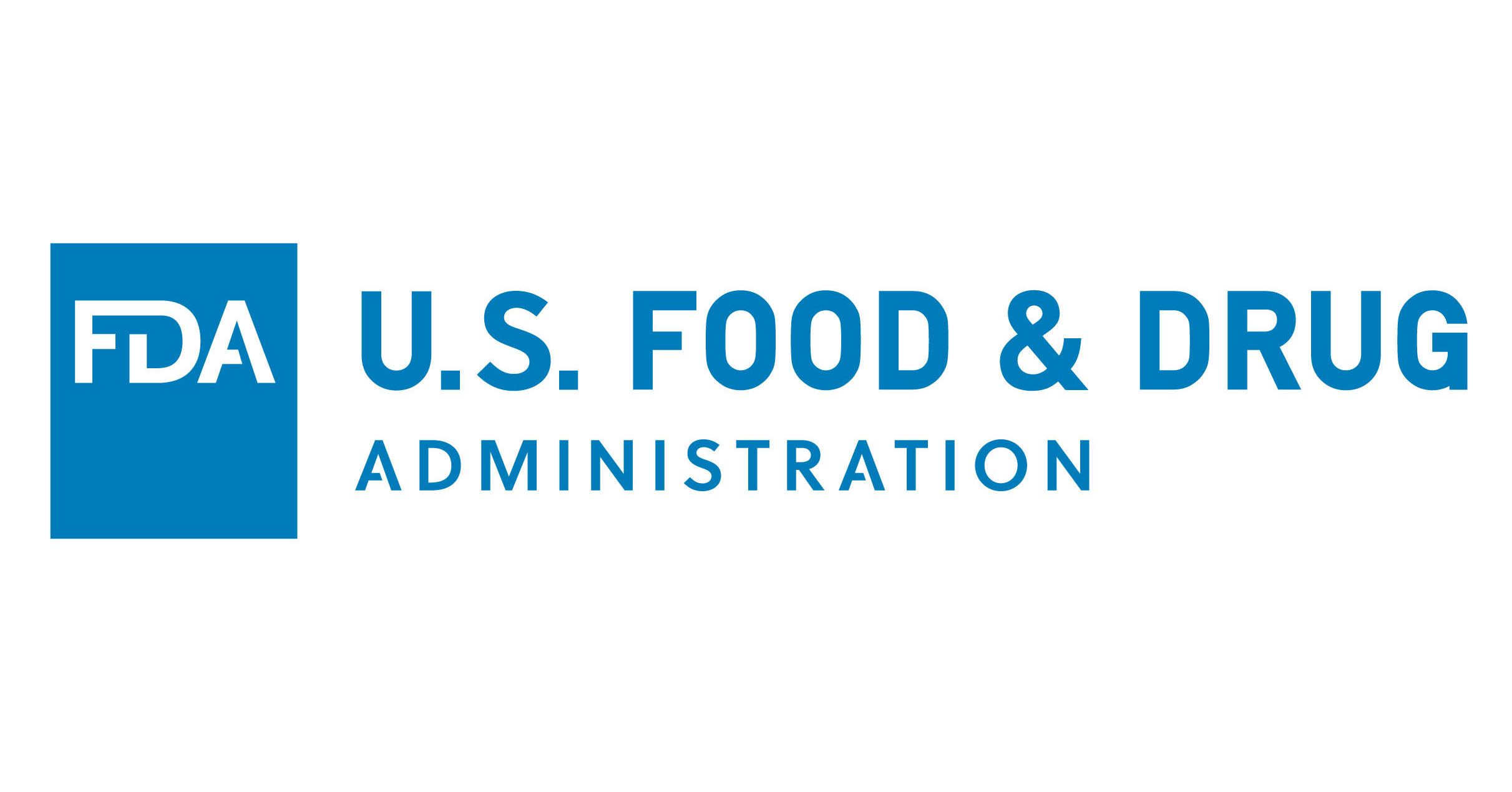SILVER SPRING, Md., May 12, 2023 /PRNewswire/ — Today, the U.S. Food and Drug Administration is providing an at-a-glance summary of news from around the agency:
- Today, the FDA updated information on medical device shortages on the FDA.gov website to reflect the end of the COVID-19 public health emergency (PHE), including providing answers to questions, such as:
- Are 506J notifications required now that the COVID-19 public health emergency (PHE) declaration expired?
- What is the status of the FDA’s guidance documents related to Section 506J?
- How do I submit voluntary 506J notifications?
The FDA continues to work with federal partners and other supply chain stakeholders to help prevent and mitigate shortages of medical devices. The FDA will continue to monitor the supply chain and update the device shortage list and device discontinuance list as new information becomes available.
- On Thursday, the FDA issued a Drug Safety Communication announcing updates for amphetamine and methylphenidate products, a class of stimulant medications used to treat attention deficit/hyperactivity disorder (ADHD) and other disorders, to standardize prescribing information. The updates will clearly inform patients, caregivers and health care professionals of risks associated with their medications. The required updates will address misuse and abuse (also called nonmedical use), addiction, and overdose information.
- On Thursday, the FDA published the FDA Voices: “Lessons Learned from COVID-19 Are Informing Preparation for Future Public Health Emergencies,” by Robert M. Califf, M.D., Commissioner of Food and Drugs and Hilary Marston, M.D., M.P.H., Chief Medical Officer. The U.S. Department of Health and Human Services is planning for the federal Public Health Emergency for COVID-19 declared under the Public Health Service Act to expire on May 11, 2023. COVID-19 remains a high priority and the FDA will remain engaged with numerous activities to protect and promote public health. And while the virus is still with us, causing illness and death in some cases, the good news is we now have more tools to help protect many in our families and communities from the most harmful impacts of COVID-19.
- On Wednesday, the FDA published the FDA Voices: “FDA Releases Two Discussion Papers to Spur Conversation about Artificial Intelligence and Machine Learning in Drug Development and Manufacturing,” by Patrizia Cavazzoni, M.D., Director of the Center for Drug Evaluation and Research. The FDA’s discussion papers, “Using Artificial Intelligence and Machine Learning in the Development of Drug and Biological Products” and “Artificial Intelligence in Drug Manufacturing,” aim to spur a discussion with interested parties in the medical products development community, such as pharmaceutical companies, ethicists, academia, patients and patient groups, and global counterpart regulatory and other authorities, on using AI/ML in drug and biologic development, and the development of medical devices to use with these treatments.
- On Wednesday, the FDA and the Substance Abuse and Mental Health Services Administration (SAMHSA) issued a joint letter to health care providers intended to clarify buprenorphine prescribing recommendations. The letter also affirmed both agencies’ commitment to addressing the overdose crises by reducing barriers to accessing evidence-based treatments and providing person-centered care for substance use disorders.
- On Wednesday, the FDA announced a joint project with the National Institute of Standards and Technology that aims to develop tools that developers will be able to use to identify unintended effects of genome editing in animals. These science-based tools will add to the base of knowledge for all developers and regulators.
- On Wednesday, the FDA issued a discussion paper, “Using Artificial Intelligence and Machine Learning in the Development of Drug and Biological Products.” The discussion paper is intended to initiate communication on artificial intelligence and machine learning (AI/ML) with stakeholders, including industry and academia, to promote mutual learning and discussion. The agency is soliciting feedback on the opportunities and challenges of using AI/ML in drug development and medical device development for drugs to inform future guidance on AI/ML in drug development. For more information on the discussion paper and how to comment, please see the Federal Register notice and visit the Artificial Intelligence and Machine Learning for Drug Development webpage.
- On Tuesday, the FDA authorized for marketing Swing Therapeutics’ Stanza, a smartphone-based prescription digital therapeutic that provides acceptance and commitment therapy (ACT), which is a form of cognitive behavioral therapy (CBT). This device is indicated for the treatment of fibromyalgia symptoms in adult patients. The program uses ACT and CBT approaches to develop psychological flexibility to improve fibromyalgia symptoms.
- On Friday, May 5, the FDA approved Librela (bedinvetmab injection) for the control of pain associated with osteoarthritis in dogs. Librela is the first monoclonal antibody (mAb) the FDA has approved for use in dogs. The FDA approved a mAb for cats on January 13, 2022, which was the first mAb new animal drug approved by the FDA for use in any animal species and the first treatment for the control of pain associated with OA in cats.
Additional Resources:
Media Contact: FDA Office of Media Affairs, 301-796-4540
Consumer Inquiries: 888-INFO-FDA
The FDA, an agency within the U.S. Department of Health and Human Services, protects the public health by assuring the safety, effectiveness, and security of human and veterinary drugs, vaccines and other biological products for human use, and medical devices. The agency also is responsible for the safety and security of our nation’s food supply, cosmetics, dietary supplements, products that give off electronic radiation, and for regulating tobacco products.
SOURCE U.S. Food and Drug Administration


